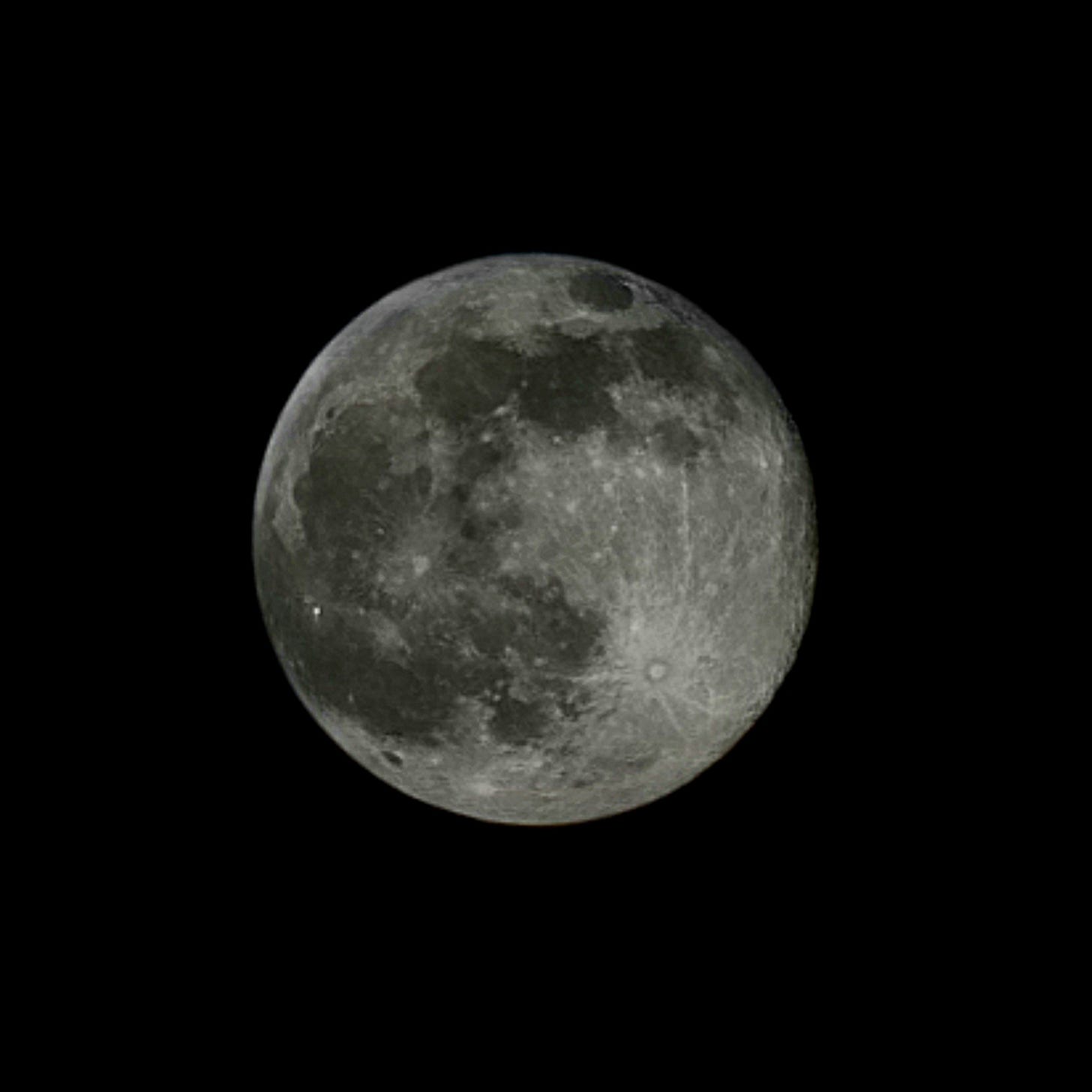Who cares when you work?
On early-rising monks, late-night bull sessions, and why nobody ought to make their own circadian rhythms out to be a moral badge of honor
One of the silliest exercises in modern life is the attempt to incant one's personal circadian rhythms as a character judgment. Some are morning people, some are night owls, some are in-between, some change over time. We're all over the map, biologically, and the average natural "day" cycle for a human might actually be 25 hours, which doesn't fit any model usefully at all.
■ People ought to work with the patterns and practices that suit them best, not what someone arbitrarily suggests as a rule. If going to bed early makes a person feel good, then there's nothing wrong with that. But for others, late night is prime time to get things done.
■ It doesn't do any good for the productivity-obsessed to amplify capricious guidelines like "nothing good happens after 8 on a weeknight". That's utter nonsense; feel free to check in with the Pope at Midnight Mass on Christmas Eve and see how much trouble he's getting into.
■ What difference is 3:10 in the morning, when experienced as the waking hour of a Benedictine monk or when it's just after a forecaster at the Storm Prediction Center has issued the regularly-scheduled Day 3 Convective Outlook? There's no moral dimension to the time on the clock, and it seems particularly arbitrary to get picky about who's up at what times when everyone's a little bit of a night owl on December 21st, purely out of necessity.
■ People ought to be awake when it feels natural and right, and be asleep when they're tired. Winston Churchill took naps while in pursuit of victory during World War II, then worked until midnight. It's neither good nor bad to be active at any particular hour -- as long as the pursuit is good, the time is immaterial.



